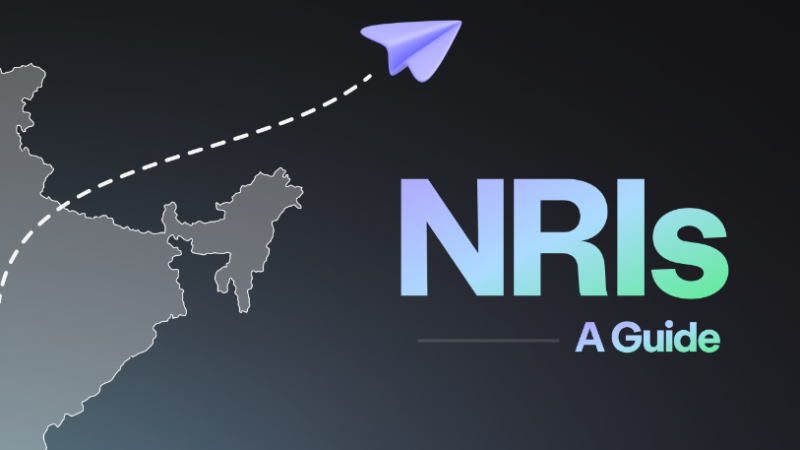Tik Tok Private Viewer

In the ever-evolving landscape of social media, TikTok has emerged as a powerhouse, captivating millions with its short-form videos and diverse content. With its rapid rise in popularity, TikTok has also sparked various discussions around privacy, security, and ethical considerations, particularly concerning features like TikTok Private Viewers. These tools purportedly allow users to view private TikTok accounts without the account holder’s knowledge or consent, raising complex questions about digital boundaries and responsible online behavior.
At its core, TikTok Private Viewers claim to offer users the ability to bypass privacy settings and access content from private accounts anonymously. While the intentions behind using such tools may vary—from satisfying curiosity to monitoring online activity—there are significant ethical and legal implications to consider.
Navigating the Ethics
One of the foremost concerns revolves around consent and digital boundaries. Privacy settings on social media platforms are designed to give users control over who can view their content. By circumventing these settings, TikTok Private Viewers undermine the autonomy of the account holder, potentially leading to breaches of trust and violations of privacy. What may seem like harmless curiosity or entertainment to the viewer can result in distress and invasion of privacy for the individual whose content is being accessed without consent.
Moreover, the use of TikTok Private Viewers raises serious questions about digital ethics and responsible online behavior. In an era where personal data is increasingly vulnerable to exploitation and misuse, respecting digital boundaries and practicing ethical behavior online is paramount. Encouraging or condoning the use of tools that infringe upon privacy rights sets a dangerous precedent and contributes to a culture of digital voyeurism and disregard for consent.
Beyond ethical considerations, there are also legal implications associated with the use of TikTok Private Viewers. Depending on the jurisdiction, accessing someone’s private content without their consent may constitute a violation of privacy laws or terms of service agreements set forth by the platform. Instances of unauthorized access to private accounts could potentially lead to legal repercussions, including civil lawsuits or criminal charges.
A Closer Look
Furthermore, the use of TikTok Private Viewers exposes users to various security risks and vulnerabilities. Third-party applications or websites offering these services may compromise user data, leading to issues such as identity theft, phishing attacks, or malware infections. Entrusting sensitive information to unverified platforms poses significant risks, underscoring the importance of exercising caution and skepticism when engaging with such tools.
In light of these ethical, legal, and security considerations, it is essential for individuals to approach the use of TikTok Private Viewers with critical awareness and ethical discernment. Rather than succumbing to the allure of accessing private content without consent, users should prioritize respecting digital boundaries and fostering a culture of consent and respect online.
From a broader perspective, addressing the underlying motivations behind the desire to use TikTok Private Viewers is crucial. Whether driven by curiosity, insecurity, or a desire for validation, seeking healthy and constructive ways to engage with social media is essential for personal well-being and fostering positive online communities. Encouraging open dialogue about privacy, consent, and digital ethics can help cultivate a more mindful and responsible approach to navigating the digital landscape.
Conclusion
TikTok Private Viewers represent a complex intersection of privacy, ethics, and digital culture. While they may offer temporary access to private content, their use comes with significant ethical, legal, and security risks. By prioritizing respect for digital boundaries, practicing ethical online behavior, and fostering informed dialogue, individuals can contribute to a safer and more respectful online environment for all.






